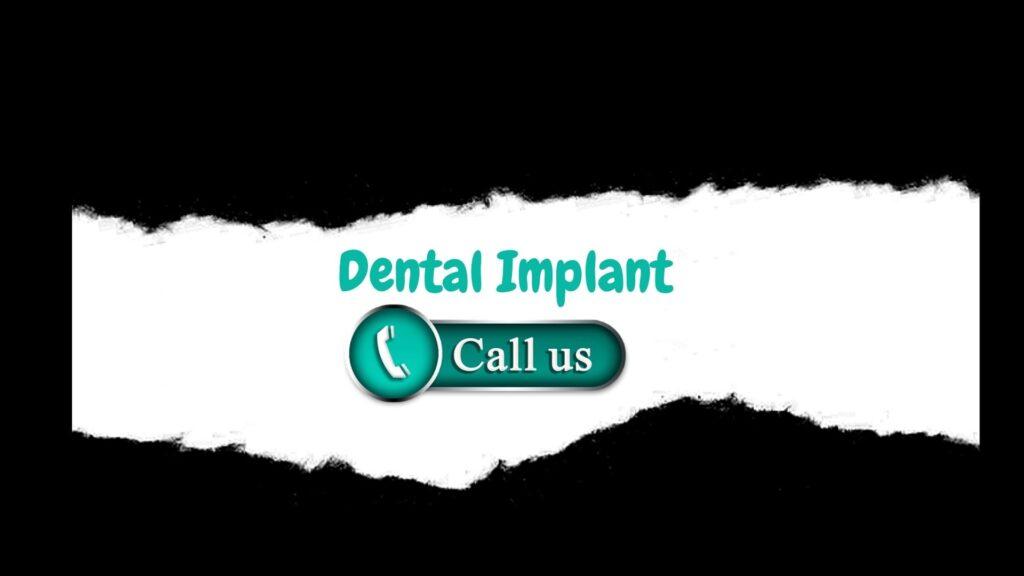Dental Implants in Forest Hills Queens, NY
Dentures and implants are both viable tooth replacement solutions. Dentures are a less expensive option, but they are connected with increased looseness, discomfort, and trouble speaking and eating. While implants are the greatest option for replacing lost teeth, their excessive cost may make them out of reach for many people.
The most important thing to remember if you are missing teeth is to replace them with a dentist-approved option, such as dental implants or dentures. Missing teeth can have a major impact on your oral and general health.
Dentures and implants are viable solutions because they allow you to chew and eat a range of foods. Both techniques are capable of imitating the appearance of natural teeth. However, this is not a possibility for everyone. Because of untreated gum disease or jawbone loss, some people are not candidates for implants. Dentures, on the other hand, are not for everyone. It can be difficult to create a seal to keep dentures in place if they do not sit on a ridge of bone in the jaw or on the remaining teeth. Find the Best Dentist in Forest Hills.
Because most people may now have dental implants or dentures as a consequence of technological advances, it’s simply a matter of weighing the advantages and disadvantages and deciding which option is ideal for you.
Dentures cost more than dental implants. They do not, however, treat jawbone deterioration. When your body detects a missing tooth, it begins to take minerals from your jaw and re-distribute them throughout your body. As a result, the area of the jaw where the tooth root formerly was weakens and deteriorates. Teeth on both sides of the gap will begin to migrate in the gap’s direction. The patient’s face may gradually collapse, compromising facial structure and making dentures difficult to wear.
To minimise more tooth loss and jawbone damage, it is best to speak with one of our dentists to discover if you are a candidate for dental implants. Dental implants are suggested whenever possible to help patients prevent the long-term health consequences of tooth loss.
The advantages and disadvantages of dentures versus implants
Dental implants have several benefits.
Convenience: Once in place, dental implants can be treated in the same way that natural teeth are. Dental implants, unlike dentures, do not need to be removed and soaked overnight; instead, they can be brushed. A dental implant ensures that a person who is self-conscious about their appearance as a result of one or more missing teeth is never caught off guard.
A titanium screw inserted into the jawbone holds dental implants in place. The screw operates similarly to the root of a normal tooth, giving the jawbone purpose and avoiding bone loss. A strong and healthy jawbone helps to keep the shape of the face.
Dental implants are the most realistic-looking and natural-feeling artificial option available.
Dental Implants Are Not Without Consequences
Time and money: Dentures typically take longer to make than dental implants. Both, however, are made to order; dental implants, in particular, necessitate a lengthy preparatory period. While dental implants can be placed in a single day, the implant post and jawbone must fuse for three to six months. As a result, implants demand further appointments as well as oral surgery. A temporary fix can be worn while the jaw recovers throughout the osseointegration process.
Certain people may require bone grafting or sinus enlargement to support an implant, which adds time and money to the process.
Dentures are less expensive than implants, especially when multiple teeth or an entire arch are needed. Dentures may be a reasonable option for elderly people on a tight budget.
When it comes to surgery, less is more (or none at all): Dentures do not necessitate as much dental surgery as dental implants, allowing for a faster manufacture and installation process.
Dentures have a few disadvantages.
Levels of Comfort: Even though dentures have improved over time, they can still cause sores. Uncomfortable ulcers can develop from ill-fitting dentures. To avoid causing harm to their gums, patients should contact their dentist or prosthodontist for a checkup and, if necessary, have their dentures adjusted or fitted. To avoid gum irritation, any denture fracture, no matter how little, should be fixed and the dentures relined as soon as possible.
Dietary Changes: While most patients will stick to a soft food diet for the duration of the transition period, others will do so eternally because biting and eating intricate meals can cause ulcers on the gums where the dentures rub. Saliva is required to keep the gums and dentures from rubbing against one other. Certain foods, on the other hand, reduce saliva flow. Salty snack foods are one of the main reasons. Extra fluids, on the other hand, can counteract the salty food effect.
Bone Degeneration: Dentures, unlike dental implants, do not help to protect the jawbone. The jawbone holds our natural teeth in place. When teeth are missing, the body interprets the jawbone as no longer functioning, resulting in bone resorption. Up to 25% of the jawbone can degenerate in the first year after multiple tooth loss. As a result of bone resorption, the form of the face may change.
Brought to you by Dentist Forest Hills. Forest Hills Dental Implant
The post Dental Implants in Forest Hills Queens, NY appeared first on https://vqfoundation.org
The post Dental Implants in Forest Hills Queens, NY appeared first on https://wookicentral.com
The post Dental Implants in Forest Hills Queens, NY appeared first on https://gqcentral.co.uk





Comments are closed